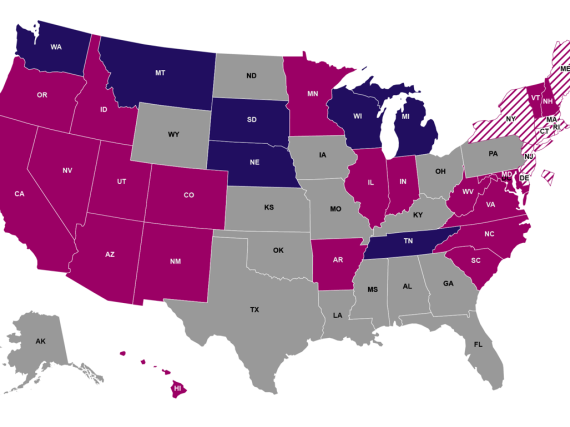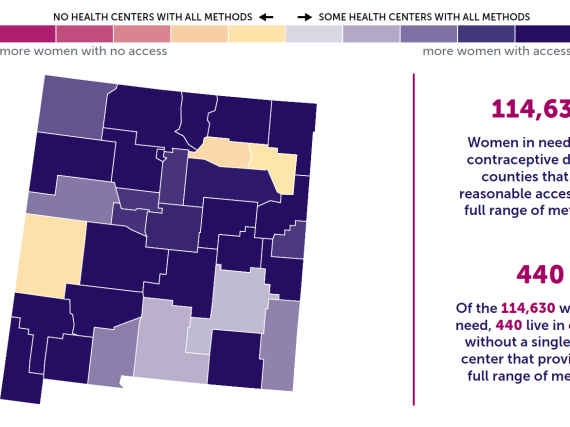State Policies to Educate College Students about Unplanned Pregnancy

In 2014, Mississippi was the first state to enact legislation to educate college students about preventing unplanned pregnancy and Arkansas followed in 2015. In 2017, Texas and Tennessee considered similar legislation, and Louisiana passed a narrower bill. These bi-partisan laws direct state higher education entities to work with public universities and community colleges to develop action plans to address the issue. In addition to reducing high teen birth rates among 18- and 19-year-olds, these bi-partisan initiatives contribute to improving college completion. This fact sheet provides background on these initiatives, as well as resources for those who are interested in pursuing this strategy.


